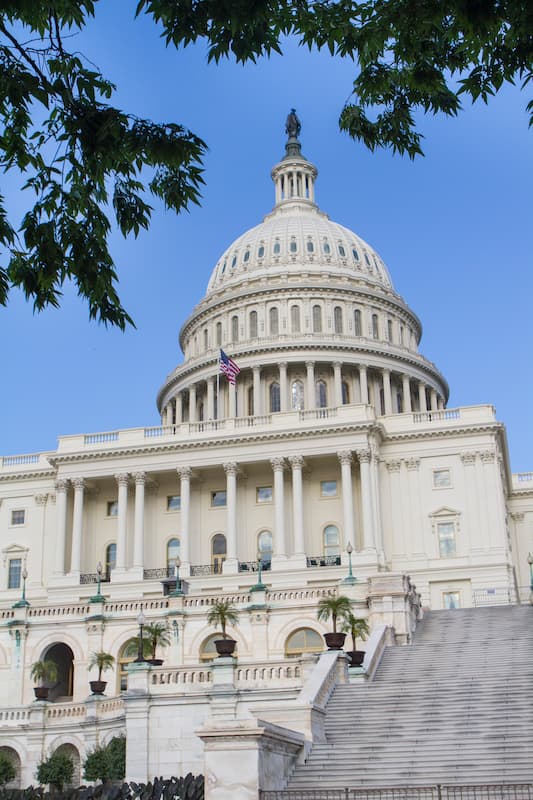Early this month the House Ways and Means Committee approved seven bills to permanently renew some tax provisions. In no particular order they are:
-
H.R. 629, Permanent S Corporation Built-in Gains Recognition Period Act of 2015,to make permanent the reduced recognition period for built-in gains of S corporations.
-
H.R. 630, Permanent S Corporation Charitable Contributions Act of 2015, to make permanent certain rules regarding basis adjustments to stock of S corporations making charitable contributions of property.
-
H.R. 636, America's Small Business Tax Relief Act of 2015, to make permanent the increased amount of Section 179 small business expensing as previously passed by Congress.
-
H.R. 637, Permanent IRA Charitable Contribution Act of 2015, to make permanent the option for older IRA holders to make tax-free transfers of distributions to qualified charitable organizations.
-
H.R. 640, Private Foundation Excise Tax Simplification Act of 2015, to change the current 1 percent and 2 percent excise tax rates on private foundation income to a single 1 percent rate.
-
H.R. 641, Conservation Easement Incentive Act of 2015, to permanently extend the higher deduction limits and potential 15-year carry forward of conservation easement gifts.
-
H.R. 644, Fighting Hunger Incentive Act of 2015, to benefit businesses that contribute excess inventory to local food banks and pantries by permanently extending a food-inventory donation provision in the tax code.
Historically, such provisions have been part of a larger tax extenders package. Now, it appears Ways and Means, now chaired by Paul Ryan (R-Wisc.), is following the same law-by-law approach as his predecessor, Dave Camp (R-Mich.), who retired at the end of the 113th Congress. Instead of pushing through one big tax bill of 50+ tax breaks, Camp preferred separate consideration of each extender. He also aimed to make many of the laws permanent rather than have them expire each year. Ryan appears to be following suit, both in his method of approval and the types of bills he pushes through. The seven bills approved this month mirror bills passed by last Congress in that most are business related.
It should come as no surprise that the Ways and Means votes were along party lines. Democrats’ objection to the tax breaks is the same as last year -- that it would add around $93 billion to the deficit. Democrats now say they’re also concerned that adding select provisions to the tax code could hamper future tax reform efforts. Their objections will fall on deaf ears, of course, and the House, now firmly in Republican control, will likely approve these tax breaks soon. Expect that news shortly.






